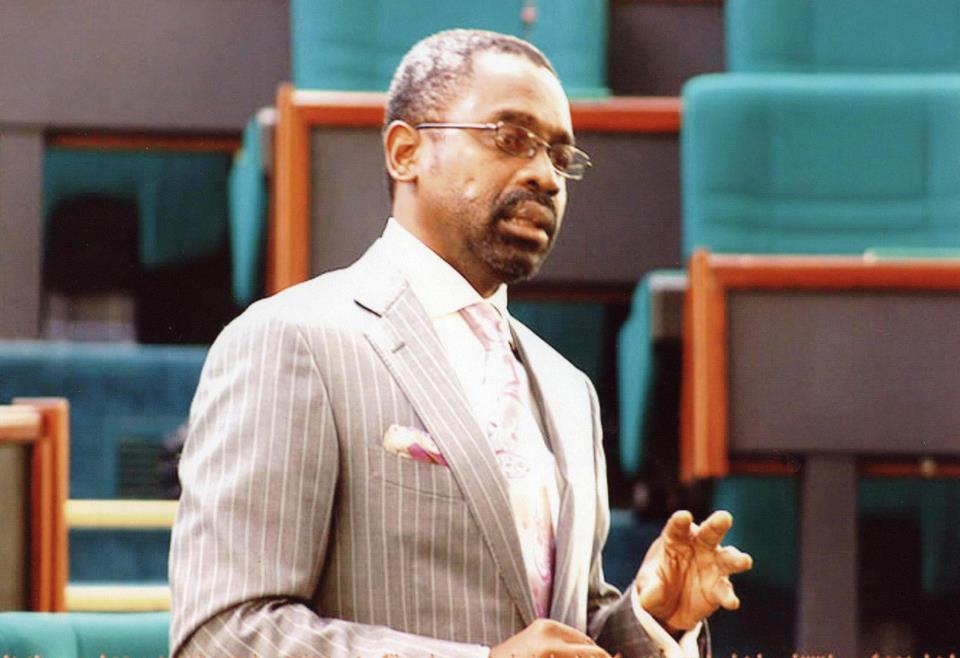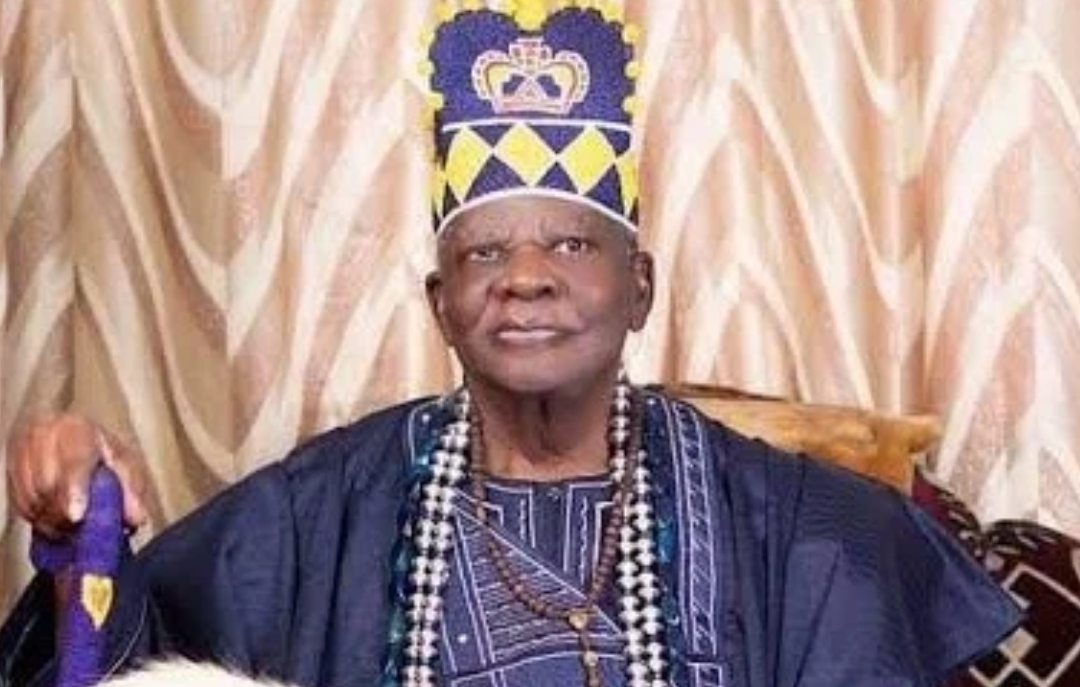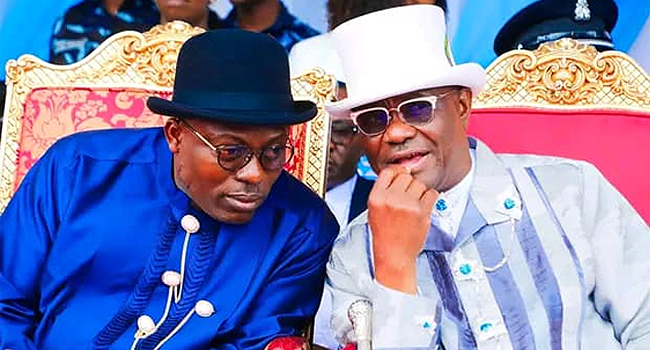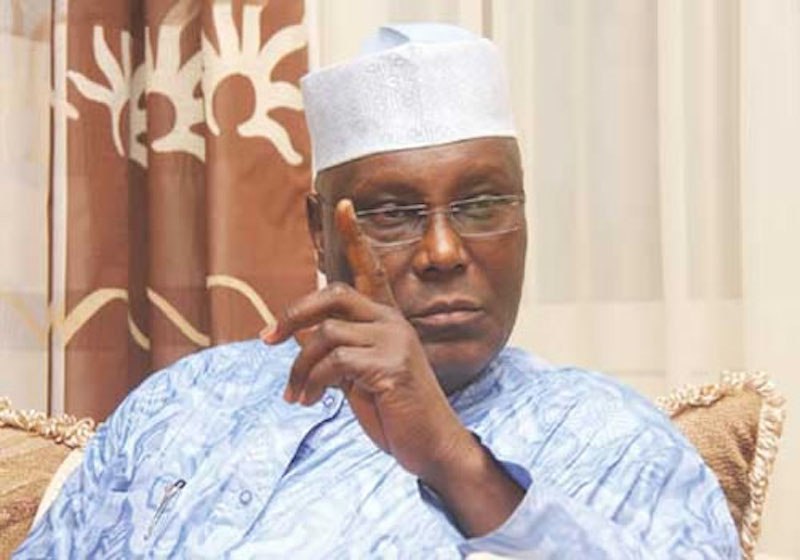The Speaker of Nigeria’s House of Representatives, Rep. Femi Gbajabiamila has made some far-reaching proposals that would bring an end to the attacks on Nigerian traders doing business in Ghana.
During a ‘Legislative Diplomacy’ bilateral meeting with Ghanaian lawmakers and some top government officials as part of his ongoing visit to Ghana to resolve the crisis, Gbajabiamila advocated for an amicable settlement of trade disputes through arbitration and fair judicial processes.
The Speaker also said he would be glad to champion a law to improve the bilateral trade relations between Nigeria and Ghana, noting that citizens of the two countries remain brothers and sisters.
He called on Ghanaian authorities to revisit the component of the law that requires a capital base of $1 million for businesses to start, saying as Africans, Ghana should encourage brotherliness.
“First, amicable settlement of trade disputes through arbitration and fair judicial processes. In this context, we do believe that while it is the sovereign right of the government of Ghana to pass and implement the GIPC Act, we would implore you to explore alternative and less aggressive options of engaging, sanctioning and relating with our traders and business people who operate in your country, pay taxes and contribute to the development of both our nations.
“Secondly, we would encourage you to revisit the component of the law that requires a capital base of $1,000,000. We are all Africans, we all have towns and villages, and we know only too well that majority of our traders across the continent are petty traders. The prospect of them being able to raise a capital base of $1,000,000 before they can trade in goods that may be worth less than $1,000, clearly is a major challenge.
“Thirdly, one of the things we are all proud about and the common surname that we all bear is ‘ECOWAS’ and as you know, by virtue of being ECOWAS countries, our nations and our citizens should be able to live, work and thrive in any of our nations without any form of hindrance or discrimination.
“It is in this light we would encourage that we explore how the principles and the application of ECOWAS protocols – which we are both signatories to – may perhaps conflict with the application of the GIPC Act, especially vis-à-vis the recent adoption of the African Continental Free Trade Agreement (ACfTA) by African nations; and also the movement towards a single currency in the West African subregion.
“Fourth, is the importance of strengthening legislative diplomacy and collaboration. Legislative diplomacy is a tool that has been used across the world – both in developing and developed nations – to negotiate, to arbitrate and to find peaceful resolution to disputes between nations. Legislative diplomacy is akin to back-channel diplomacy, which in many cases, makes it more possible for countries to debate and find solutions to problems, without any country losing face publicly.
“In this regard, I do believe that this step both our parliaments have taken to sit, to discuss, deliberate and find solutions; is a sterling example of legislative diplomacy, which the rest of the continent can follow to ensure that while the executive arm of government is performing its duties, that we in the legislature can also leverage our knowledge, our experience, the relationships we have amongst ourselves, to complement efforts in finding collective solutions to our shared problems.
“Fifth, like I said right from the beginning, Nigeria and Ghana are siblings from the same family. I for one, would be willing to champion a law that helps to improve the bilateral trade relations and reciprocal legislation between our two countries and in this regard, we would like to explore the possibility of jointly passing what we could potentially call a Nigeria-Ghana Friendship Act – or something in that line, which will help to cement into law the good relations between our countries and also create a legal framework for further camaraderie that will enable us to ensure that, when it comes to Nigeria and Ghana, our laws will support efforts to improve relations, trade and positive and friendly interactions between our citizens, institutions and our governments.
“We do not have an exact title for such a law as at now, but agreeing on reciprocal legislation that cements the friendship between our nations; and ensures that it continues to thrive and benefit all our citizens – no matter where they live – would go a long way in strengthening our relations on all levels,” Gbajabiamila said.
Noting that the relationship between Nigeria and Ghana is one of the most important in Africa, Gbajabiamila said at a time the world is battling the Covid-19 pandemic and the economic impacts and the pressures on public coffers “and service delivery systems are weighing heavily on us all, it is clear that this is not a time for conflict and disagreements, but a time for partnership and solidarity.”
He said it is in a bid to improve the bilateral relationships among African countries that he has been championing the creation of the Conference of Speakers and Heads of African Parliaments ( CoSAP) aimed at identifying, discussing and resolving issues and challenges that affect growth, stability and development within different regions and across the continent.
“While our countries share a constructive and healthy rivalry in several areas – ranging from football to music, food and movie production, amongst others – we know that our healthy rivalry is based more on friendship than enmity and more on healthy competition than destructive confrontation.
“We are friends, we are family, we are one and are determined to remain so, as we continue what our founding fathers started over six decades ago. These reasons, ladies and gentlemen, is why we are here: to deliberate on how we can jointly overcome current challenges and together, build the peaceful and prosperous future we both seek for our countries and our citizens.”
He said the challenges that Nigerian traders face in Ghana are a cause for deep concern for all arms of the Nigerian government and the Nigerian people, calling for urgent action to end the hostility.
Gbajabiamila added that: “The escalation of the tensions between our citizens and our nations is nothing for either of our countries to be proud of. And therefore, as I said today at the Nigeria High Commission, it is important that we leaders ensure that our utterances and our actions; and what is reported in our media do not fan the flames of conflict and confrontation, but instead, fuel the possibilities of first de-escalating tensions; finding constructive options for resolution; and working together to effectively implement those solutions, both here in Ghana as well as in Nigeria.”
Speaking, the Ghanaian Minister of Trade and Industry Hon. Alan Kyeremateng, said there are many Ghanaians and Nigerians who are going about their lawful duties without difficulties.
“The incidence that has occurred where some shops were locked up must have risen out of situations where there were clear abuses of the application of the laws.
“I was happy that the Nigerian Speaker of the House of Representatives mentioned that if they are doing legitimate business, please allow them as brothers and sisters to continue to do so. I want to give you that assurance that that will be the case. Anybody engaged in business, trading, doing the rightful things, they must have no difficulties.
“Even in cases where we found that in some instances where the laws were not being followed, I, in my capacity as the Minister of Trade, had ordered that they shut the office and those who are being seen as offending the law be given an opportunity to regularize their documentation.
“I say this, being the Minister of Trade and Industry, this is not something that is new, I have always since the time I’ve been a Minister found a way of going along, so that those who needed to regularize their businesses would do so.
“Also as indicated by the Speaker, that it will be a desire to see whether certain aspects of the law could be looked at, I’m sure the Speaker will look at that request and appropriate Committees would be engaged on the subject
“As long as the laws remain on our statute books, I will like to request that, you send a strong signal to our brothers and sisters who are engaged in retail trading that at least for now until further considerations are made on our statute books, they should just respect the law because Ghanaian traders themselves are required to respect the laws of our country. And in that sense, it will be discriminatory for us to require Ghanaians to respect the same laws in our statute books and not require foreigners to do so.”
Arising from the meeting, which lasted into the night on Wednesday, a communique would be issued.
Courtesy:
Lanre Lasisi, Special Adviser on Media and Publicity to the Speaker, House of Representatives, Federal Republic of Nigeria.

 Sports2 days ago
Sports2 days ago
 News5 days ago
News5 days ago
 News6 days ago
News6 days ago
 The Oracle4 days ago
The Oracle4 days ago
 Opinion3 days ago
Opinion3 days ago
 National6 days ago
National6 days ago
 Featured4 days ago
Featured4 days ago
 Headline5 days ago
Headline5 days ago












